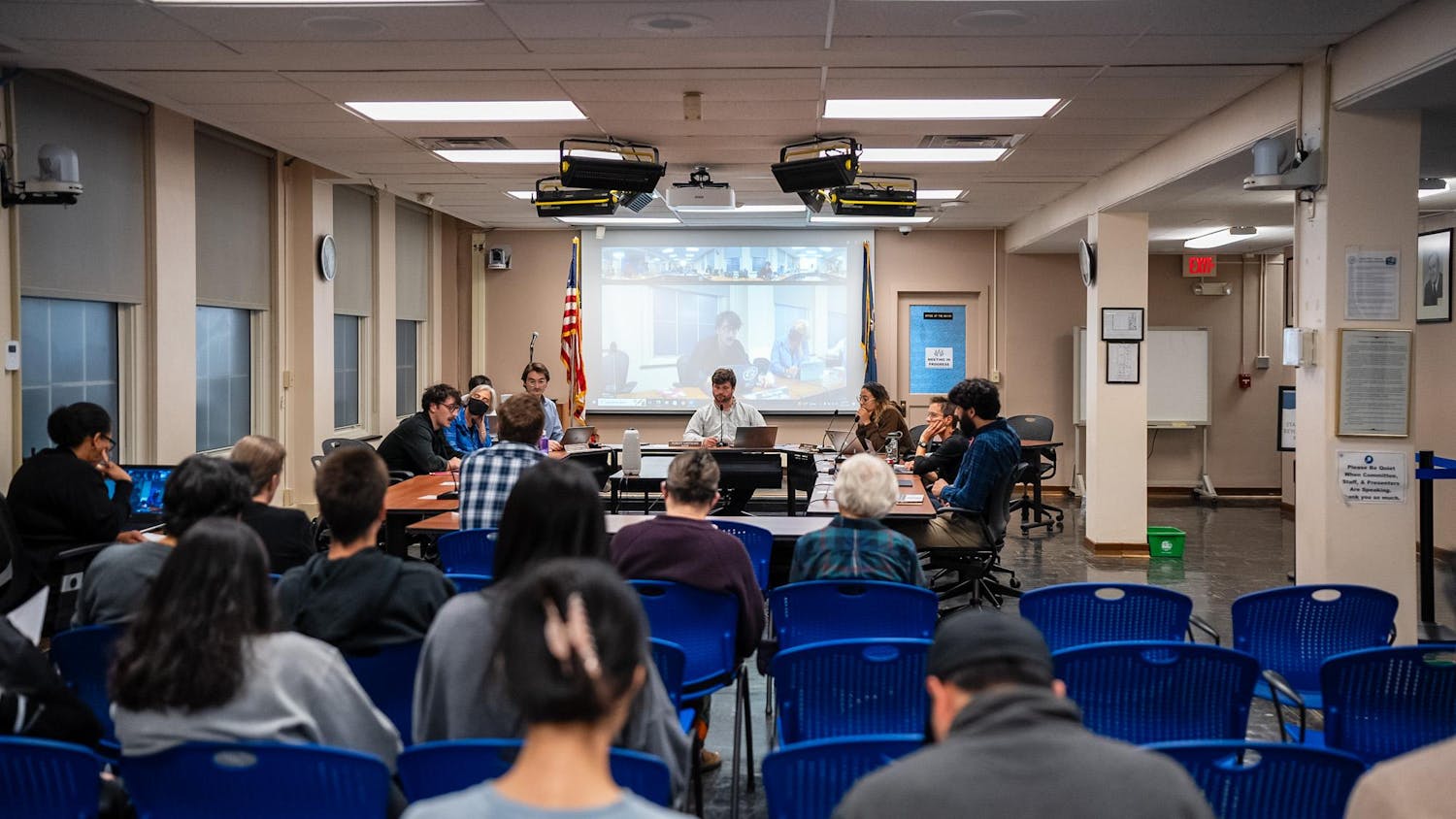Cornell is beginning the work required to keep its accreditation. Every 10 years, the University must complete a self-study that proves Cornell is meeting the requirements for accreditation. The next study is due in the Fall of 2010. The stakes are high — accreditation is required for students to receive federal financial aid and for graduates of some programs, like the architecture school, to receive a license. The self-study is a huge, two-year long process. It must prove to the Middle States Commission on Higher Education, which awards accreditation to Cornell, that the University meets the commission’s 14 accreditation requirements. “We are at the beginning of [the self-study] process now, where we craft a proposal for how we will approach the study,” stated Marin Clarkberg, the associate director of institutional research and planning, via e-mail. “This is a very large process. I expect something like 60 people will have a hand in writing the document.” In addition to the people who will assist in the writing of the document, other people throughout the University will be involved in documenting how Cornell meets the commission’s 14“characteristics of excellence.” According to the commission’s website, these standards include effective leadership and governance, integrity, qualified faculty and educational offerings that “display academic content, rigor and coherence.” Maintaining an institution’s accreditation is important for the institution and the students. “If a college or university wants its students to obtain loans and grants from the federal government,” it must be accredited, the commission’s website states. For some programs within Cornell, such as the Department of Architecture, a separate, specialized accreditation is required for the programs’ graduates to enter their profession. “To become an architect in the United States you need to pass a licensing exam, and in most of the fifty states you need an accredited professional degree to sit for the exam,” stated Kent Kleinman, the Gale and Ira Drukier dean of the College of Architecture, Art and Planning, via e-mail. “The combination of the accredited degree and the exam is intended to ensure that architects design environments that preserve the welfare of the citizenry. If students graduate from a non-accredited architecture program they still need a degree from an accredited program to take the licensing exam. The architecture department’s special accreditation by the National Architecture Accrediting Board, is separate from the accreditation of the entire University. Architecture’s accreditation has been jeopardized within the last 10 years due to inadequate facilities, Kleinman stated. “For over a decade, the NAAB has expressed dissatisfaction with the physical plant in which we teach architecture,” he stated. “Part of the issue is the lack of compliance with the Americans with Disabilities Act; part of the issue is the poor condition of Rand Hall; part of the issue is a lack of sufficient studio space for our expanding architecture programs.” The University decided over a decade ago that new construction was the best solution to AAP’s insufficient facilities, Kleinman stated. Supporters of the proposed Milstein Hall have argued that the building is necessary to maintain architecture’s accreditation. The next on-site review of the architecture program, conducted by the NAAP, is scheduled for Spring 2010. Like the Department of Architecture, other programs at Cornell also have specialized accreditation such as the College of Human Ecology’s interior design program, civil engineering in the College of Engineering and landscape architecture in the College of Agriculture and Life Sciences. While some individual programs have specialized accreditation, Cornell’s colleges and schools are all included in the University-wide accreditation. The evaluation for this accreditation, which is based on the self-study, occurs every ten years. The team that will conduct Cornell’s self-study is beginning to assemble. It will take them more than a year — until the fall of 2010 — to document how the entire University meets the fourteen “characteristics of excellence.” “It’s going to be our job to summarize a great deal of information about Cornell into a document a mere 200 pages long,” Clarkberg stated. In the Spring of 2011, a team of evaluators, comprised of faculty and administrators from other universities, will come to campus to make the final decision about Cornell’s accreditation. According to the Middle States Commission’s website, the evaluators “decide if the institution meets the specific standards for accreditation or if the institution is or may be at risk of not meeting the standards in the future.”
Cornell Seeks To Maintain Its Accreditation
Reading time: about 4 minutes
Read More










